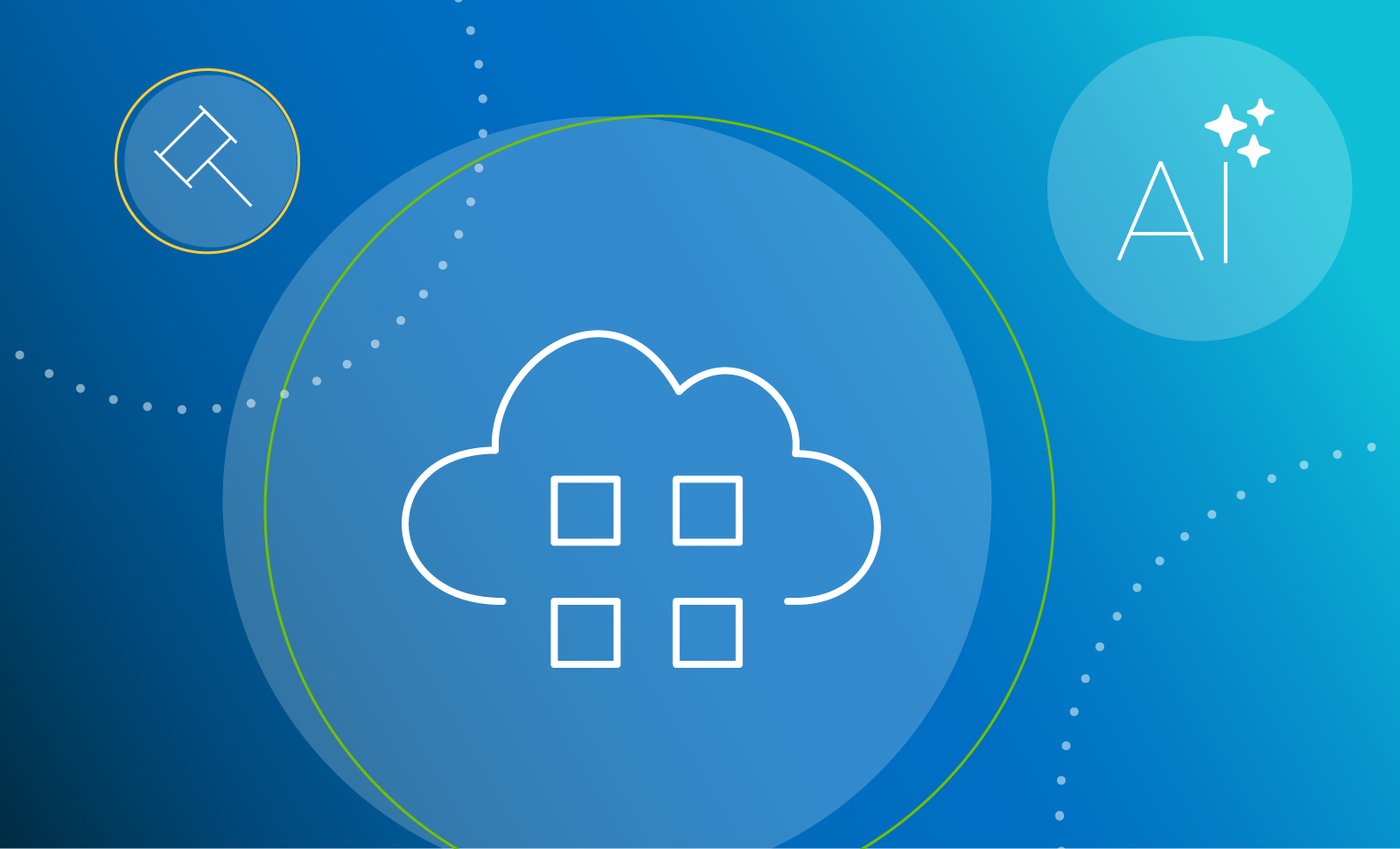Everyone knows: The cloud is the norm for companies that seek more scale, more savings, and better performance from their technology stack, especially as leveraging AI becomes more widespread.
Your cloud journey is also an opportunity for your organization to redefine your approach to data.
To accelerate the time-to-value of your cloud investment, drive data quality across your data ecosystem, and lay a solid foundation for trusted data (especially if you’re building generative AI applications), it’s a great time to consider adding a data intelligence solution.
But what should you look for when evaluating data intelligence solutions?
What a robust data intelligence solution should look like
Your data landscape is unique. So are your workflows. So it’s essential to find a data intelligence solution that aligns with your business goals and technical requirements. With the rapid pace of innovation, you’ll also want to ensure the solution you choose addresses current needs and can scale to future demands.
Your challenge is compounded by the need to ensure compliance with ever-greater regulatory requirements. For organizations with AI applications on the roadmap, the need for rigorous controls on data quality and data governance are increasingly critical.
To guide you through your buying process, we’ve highlighted ten key capabilities you’ll want to look for in a robust data intelligence solution:
- Comprehensive business glossary
- Seamless integration with data sources
- Automated data profiling
- Sensitive data identification
- Data lineage visualization
- Dataset ownership and collaboration
- Data quality management
- Policy management and compliance
- Granular access controls
- Effective data governance and stewardship
From glossary to data governance
These ten critical data intelligence capabilities are key to optimizing your data’s potential in the cloud, ensuring compliance, security and maximum operational efficiency.
- Comprehensive business glossary: Look for a platform that provides a detailed business glossary essential for maintaining a common understanding across your organization. This feature should enable you to define, manage and share common business terminologies, ensuring clarity and consistency across all teams, which is crucial during the transition to the cloud.
- Seamless integration with data sources: The ideal platform should integrate effortlessly with a variety of data sources. This capability ensures smooth data consolidation and migration, enabling your organization to leverage existing data assets without the need for extensive manual intervention or customization.
- Automated data profiling: Automated data profiling is key for efficiently analyzing data content, structure and quality. A platform that offers this feature can provide valuable insights into your data, helping to identify patterns, anomalies and areas for improvement, which is vital for ensuring data quality in the cloud.
- Sensitive data identification: With data privacy and security becoming an ever-increasing risk, the ability to identify and protect sensitive data like PII is essential. Your chosen solution should be able to automatically recognize sensitive data and apply appropriate safeguards, ensuring compliance with privacy regulations and protecting your organization from data breaches.
- Data lineage visualization: Data lineage visualization helps you understand how data moves and transforms across your systems. A platform that provides a clear visual representation of data lineage will enable both technical and non-technical stakeholders to track data’s journey, enhancing transparency and trust in your data processes.
- Dataset ownership and collaboration: Effective management of data requires clear dataset ownership and collaboration mechanisms. The platform should enable easy identification of data stewards and foster collaboration among them, ensuring data is accurately documented and maintained, which is vital for data governance.
- Data quality management: Data quality management is critical for maintaining the integrity of your data. The platform should provide tools to monitor, cleanse and enrich data, ensuring high data quality standards are met both during and after the migration to the cloud.
- Policy management and compliance: Robust policy management and compliance features are necessary to ensure your data usage adheres to internal and external regulations. This includes the ability to define, implement and monitor data-related policies, helping you avoid legal and regulatory risks.
- Granular access controls: To maintain data security and confidentiality, look for a platform with granular access controls. This feature should allow you to specify who can access what data, at what level, ensuring that sensitive information is only accessible to authorized personnel.
- Effective data governance and stewardship: Finally, the platform should support effective data governance and stewardship practices. It should provide a framework for managing data as a strategic asset, ensuring that it is used effectively, responsibly and in a way that adds value to the organization.
Maximizing your cloud: Making a smart data intelligence decision
A data intelligence platform can help ensure a seamless, successful data cloud migration. The right platform will not only address your immediate needs but also set the foundation for future growth and data management excellence.
Ready to learn more about how data intelligence can help? Get our helpful Data Cloud Migration Readiness Checklist.
Ready to dive deeper? Get our ‘Four steps to successfully power your data cloud migration with data intelligence.’




